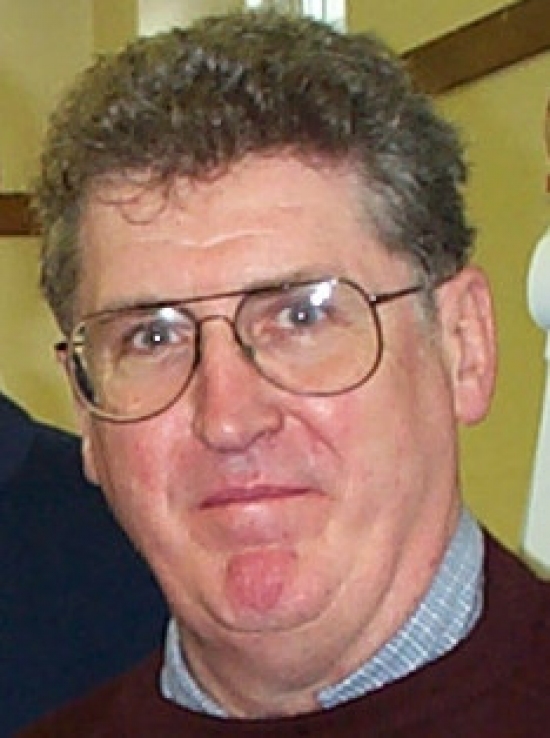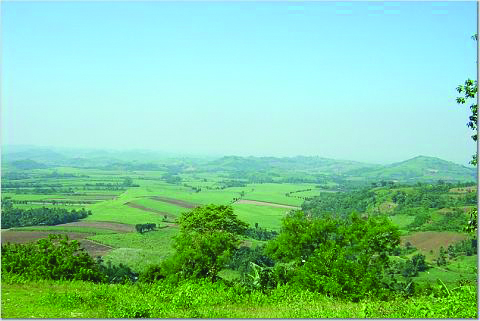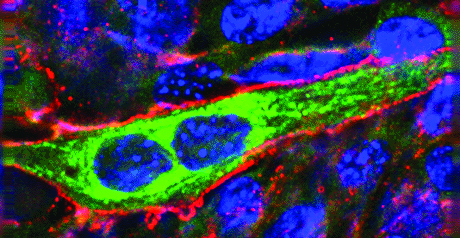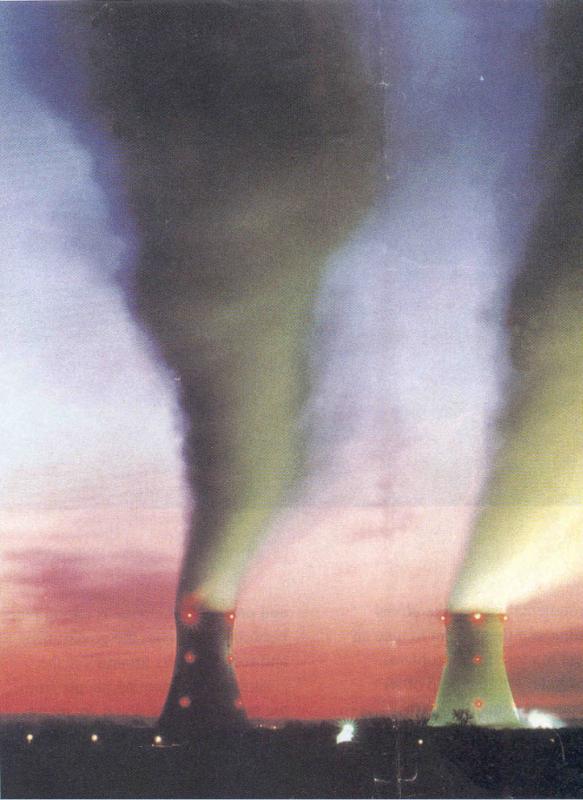The Impact of Meat Production on the Planet
By Fr. Seán McDonagh, SSC
The author is a Columban priest from Ireland. He is known around the world as an eco-theologian who is working to raise awareness on the connectedness between justice and peace issues, environmental sustainability and faith. He is currently the researcher for Justice, Peace and Integrity of Creation (JPIC) priorities of the Missionary Society of St. Columban.

Farming and food production are huge industries in today’s world. Since the beginning of the industrial revolution, the number of people directly involved in agriculture has been dropping in First World countries. Today in the United Kingdom, only 2 percent of the population are working on farms. Even so, figures from the Department of Environment, Food and Rural Affairs in 2014, estimated that the food and drinks manufacturing sector contributed £27 billion to the United Kingdom’s economy. Furthermore, 3.8 million people were employed in these industries (van der Zee, 2018).





 If asked to list the problems that need urgent attention in the world today few people would name global warming. One of those who did, back in 1990, was Pope John II when he warned that the “greenhouse effect” had reached crisis proportions. This is not a solitary or alarmist voice. Other people, especially scientists, are also extremely worried abut the long-term effect of global warming on the planet and the peoples of the earth. In the run up to the Climate Conference held in Kyoto, Japan, in 1997 more than 1,500 of the world’s most distinguished scientists signed a declaration urging leaders to act immediately to prevent the “potentially devastating consequence of global warming.”
If asked to list the problems that need urgent attention in the world today few people would name global warming. One of those who did, back in 1990, was Pope John II when he warned that the “greenhouse effect” had reached crisis proportions. This is not a solitary or alarmist voice. Other people, especially scientists, are also extremely worried abut the long-term effect of global warming on the planet and the peoples of the earth. In the run up to the Climate Conference held in Kyoto, Japan, in 1997 more than 1,500 of the world’s most distinguished scientists signed a declaration urging leaders to act immediately to prevent the “potentially devastating consequence of global warming.”